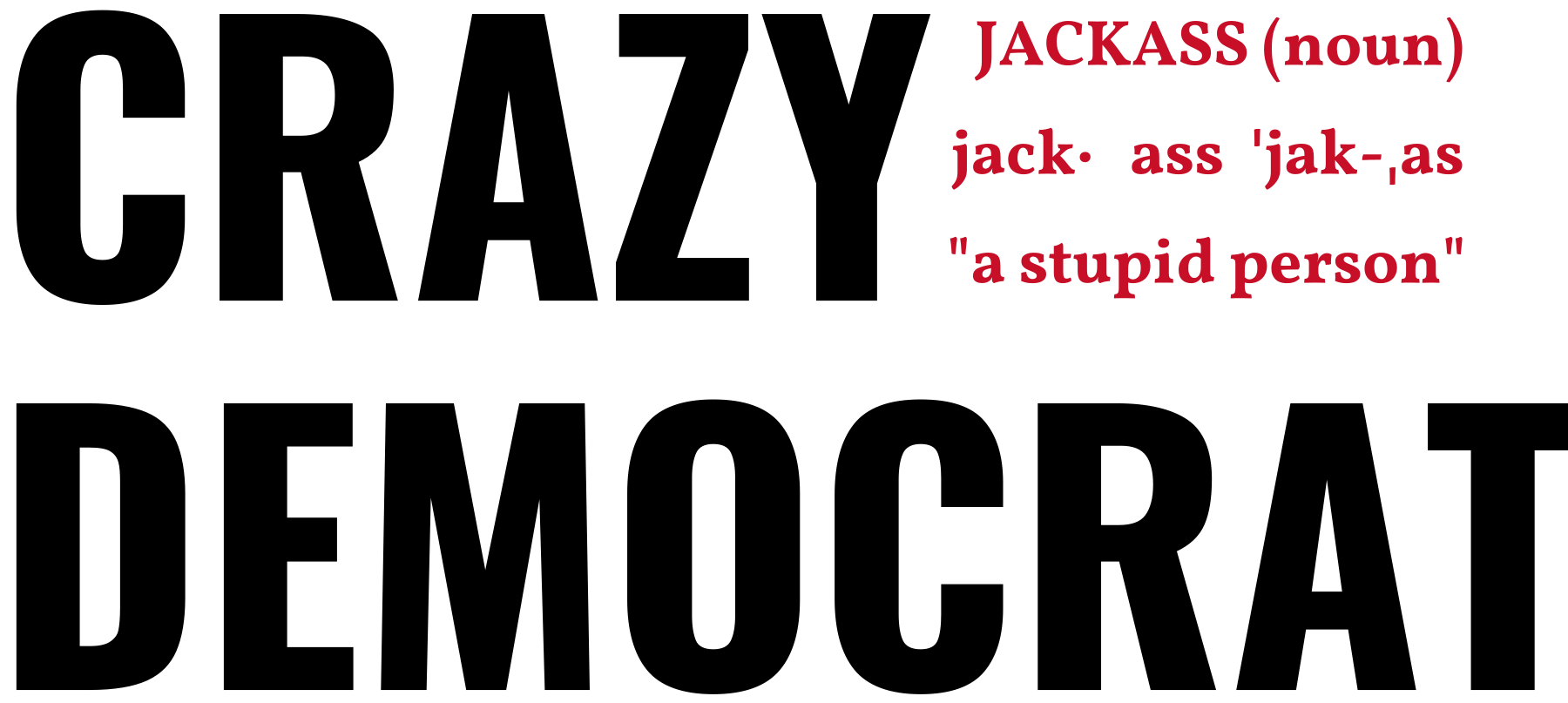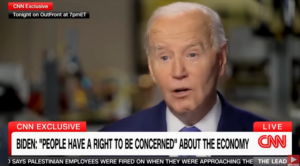The Woke Ideology: A Perilous Descent into Repressive Dogma

In the pursuit of progress, the Woke ideology has emerged as a prominent force. However, as we navigate the treacherous waters of virtue signaling and performative righteousness, it becomes evident that the well-intentioned path may be leading to an unintended destination: resembling the oppressors they once decried.
In the age of Wokeism, where every hashtag carries a revolution, and every statement is subject to scrutiny, we find ourselves amidst a paradoxical social transformation. What began as a noble quest for social justice and equality has taken a perilous turn. A journey that initially seemed paved with good intentions has, at times, morphed into a perilous descent into repressive dogma.
The Emergence of the Woke Ideology
Let’s start with the basics. The term “Woke” emerged from African American Vernacular English, indicating a heightened awareness of social and political issues. It once symbolized the pursuit of justice and equity. However, as this ideology gained momentum, it evolved into something that bears striking resemblance to the very authoritarian structures it ostensibly opposes.
The Shadow of Cancel Culture
A significant facet of the Woke ideology is the ominous Cancel Culture. Under the guise of purging society from “problematic” individuals and ideas, it has manifested as a new form of online mob rule. The modern inquisition pits the Woke against those who dare to step out of line, stifling genuine discourse and often veering into a tyranny of conformity.

The Echo Chamber Effect
Wokeism has given birth to echo chambers where dissenting voices are ruthlessly silenced. The platforms that once championed free speech are now struggling to balance their commitment to open dialogue with the pressure to conform to Woke ideals. This intellectual isolationism threatens the principles of diversity of thought that were once celebrated.
Performative Righteousness
Wokeism often falls into the trap of performative righteousness. The world has become a stage, and social media is the primary platform for grandstanding. Authentic activism and genuine advocacy are frequently overshadowed by virtue signaling and moral posturing. The line between sincere commitment to a cause and the desire for public approval blurs.
Regressive Identities
Ironically, in their quest for equality, some proponents of the Woke ideology have inadvertently divided society further. Identity politics, championed by this movement, often focuses on differences rather than commonalities. While addressing historical injustices is essential, these regressive ideologies risk trapping individuals within the confines of their identity, perpetuating division.

Language Policing
The Woke movement is known for its rigorous policing of language, with an ever-expanding list of terms and phrases deemed offensive. While sensitivity to language is crucial, some view these linguistic regulations as an overreach. The danger lies in creating a stifling environment where people are afraid to express their thoughts openly.
A Dangerous Precedent
The Woke ideology’s transformation into a repressive force raises a pressing question: Is it possible that the righteous have become the oppressors? The movement’s original mission of advocating for social justice and equality is commendable, but it must be wary of its own descent into the dogma it critiques.
Wokeism and Freedom of Speech
For those who cherish the First Amendment and the liberty to express dissenting opinions, Wokeism’s approach to free speech is concerning. The fear of retribution for expressing unpopular views has led to a chilling effect on open discourse. When people are hesitant to speak their minds, the core principles of democracy are undermined.

The Conservative Response
Conservatives have been vocal in their criticism of the Woke ideology. They view it as an affront to the principles of individual liberty, free expression, and limited government. From their perspective, the Woke movement’s potential to stifle freedoms and limit diversity of thought is a dangerous path to traverse.
The Way Forward
It is crucial to understand that criticism of the Woke ideology does not equate to a dismissal of the pursuit of justice and equality. Instead, it is a call for self-reflection within the movement. The danger lies in becoming that which one seeks to combat. As we navigate this precarious terrain, we must strive for a balance that fosters change without stifling dissent and reinforces unity without dividing society further.

Conclusion
In the ever-evolving landscape of contemporary discourse, the Woke ideology has risen to the forefront. Its initial mission of advocating for social justice and equality is worthy of recognition. However, as it teeters on the precipice of repressive behaviors, it is essential to scrutinize its impact on free speech, cancel culture, and identity politics. By understanding the complexities of the Woke movement and fostering a diverse range of opinions, we can hope to navigate the future with genuine dialogue, unity, and liberty intact.
Tags: Woke Ideology, Social Justice, Cancel Culture, Progressive Movement, Freedom of Speech, Identity Politics, Repressive Behavior, Conservative Perspective

List of Conservative Resource Websites:






